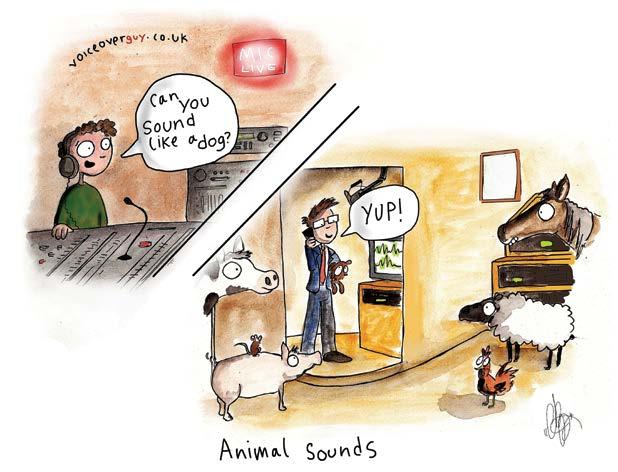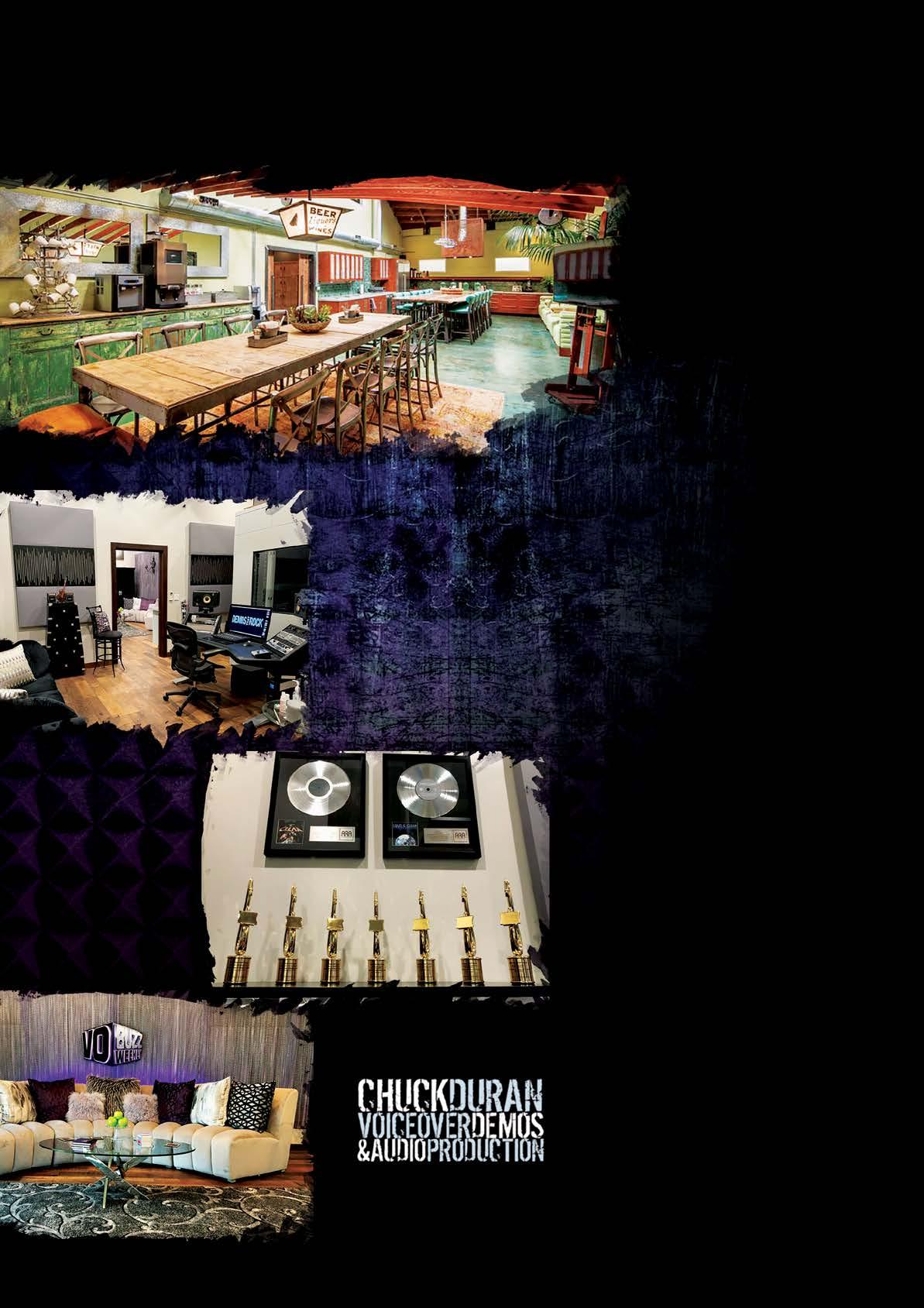
3 minute read
A Powerful Weapon in the Dance of Life Embracing Self-Love:

By Jasmin Yates Voice Actor
Advertisement
Over the last three years, I have trained tirelessly to develop my skills as a working voice actor. I have taken workshops, courses, programmes… I have stayed up until ungodly hours of the morning to learn from wonderful teachers in the USA (if I ever find out who made these time zone things, they’re in big trouble). I have flown to LA, not once but twice, for GET YOUR GAME ON . All of this is to say, I’ve put the effort in.
The only thing in my acting toolbox I didn’t work on… well, that would be me. Like many women in the UK, I grew up with a serious dearth of self-confidence.
Research shows that a horrifying 80% of young women in the UK suffer from low self-esteem, a figure that is rising year on year. Our young women were already going through a pandemic- and it’s only getting worse with the rise of short-form social media, Photoshop and FaceTune. Even the celebrities don’t look like the celebrities! (Why are we tuning our faces? Are we pianos? Can you play Mozart’s 5th Symphony on us?!)
I also belong to the wonderful club that is the one in four young adults who suffer from mental health issues. To be more specific: depression, obsessivecompulsive disorder, and a side of posttraumatic stress disorder. (It’s like the worst restaurant menu ever.) So, take the societal pressure to achieve an impossible standard of perfect, add in a gross failure to tackle young people’s mental health issues, and top with your own personal flavour of chaos- and you have the environment I emerged coughing and spluttering from.
And I’m sure I don’t need to tell anyone reading this that when an actor feels anxious, or depressed, or hopeless, the listener can hear that.
Now, I can’t bring about fundamental change in the mental health services of the NHS. I can’t go back in time and wipe out the bullying and the trauma that shaped me as a person. But I can take the sense of humour that I developed as a coping mechanism, and the career that I found and fell in love with, and I can do something with those experiences that I thought was impossible: I can use them.


Nobody has lived my life but me. Nobody but me has my memories, my emotions, my own perspective on the world. I am the unique product that I present to a casting director on a platter. It’s me, hi, I’m not the problem, it’s me.


I have stopped saying sorry for taking up space. It’s my space now! I have stopped being the last to stand up, the last to speak up, worrying about what people will think of me, how they will judge my performance, whether they think I’m ugly or stupid or boring. I stopped thinking of my voice as too young, too high, too wrong, too me. I started using it as the tool I have worked lovingly on. I used it to play. To bring me to the table and stand on the chair too!
These things will not magically cure my depression, or OCD, or PTSD. Only therapy will teach you the coping mechanisms you need for those particular delights. They sap your energy and your enthusiasm, they hold you back from getting out of your own head, getting out of your own way. But in conjunction with the professionals, developing a healthy love for yourself is a weapon in the fight against themand an incredibly powerful one.
Again, I’m British; self-deprecation is practically a national sport. It’s about the only sport I’m any good at. Wait! Re-think that. That’s a pattern of thinking that you used to rely on. Stop being mean to yourself. Take two. Action!
Again, I’m British; self-deprecation is practically a national sport. And a sport I’m very good at. But I chose to ditch this one, because the subconscious cannot differentiate between sarcasm and irony and truth, and that means that if I tell myself enough times that I’m bad at sports, and my voice is too high, and my performance wasn’t good enough- what’s the difference between me and the bullies? My subconscious can’t tell. I’m just bullying myself at this point.
The moment I started changing the way I spoke to myself, I started booking. But more than that: for the first time in years, I was having fun, I liked myself.
I’m not going to pretend like this has been an easy journey, or sugarcoat the difficulty of living day-to-day with three mental illnesses that love to compete to make my life as difficult as possible. Nothing I’ve said here is a “cure” or a “remedy” that can replace professional help. It’s another tool in my toolbox. And I hope it can help someone else, who can start to change the way they talk to themselves, and in turn, start to realise that they, too, are an amazing and unique set of brilliant things.
And thank you to everyone who so lovingly kicked me up the butt to start this process. My rear end and I appreciate you.










